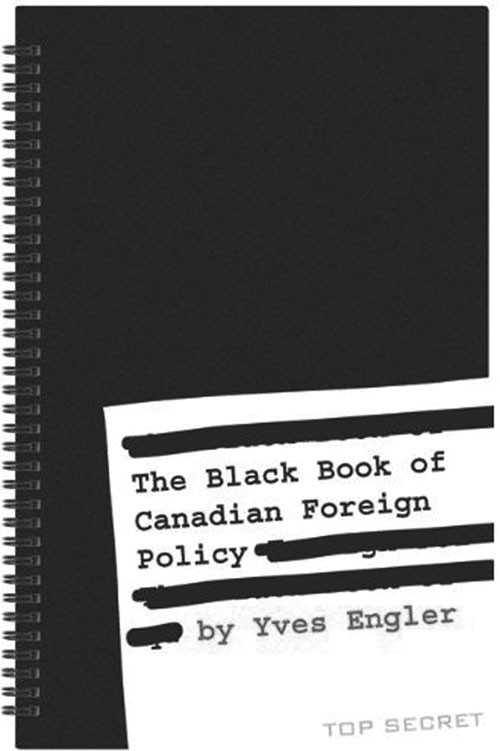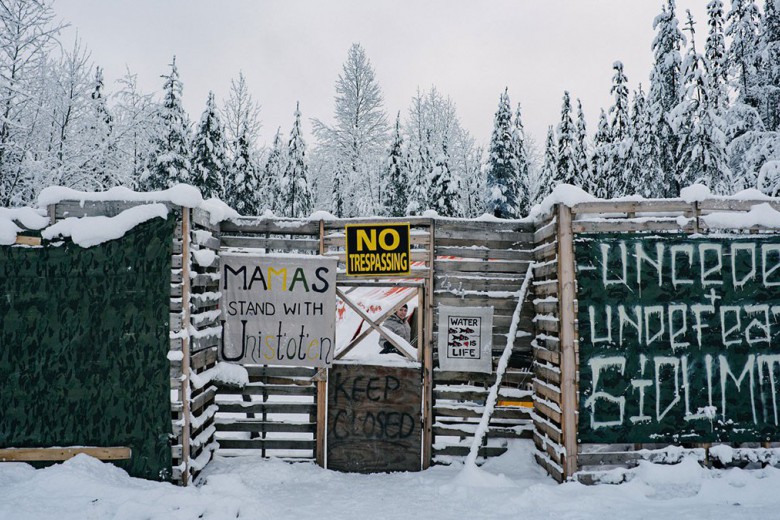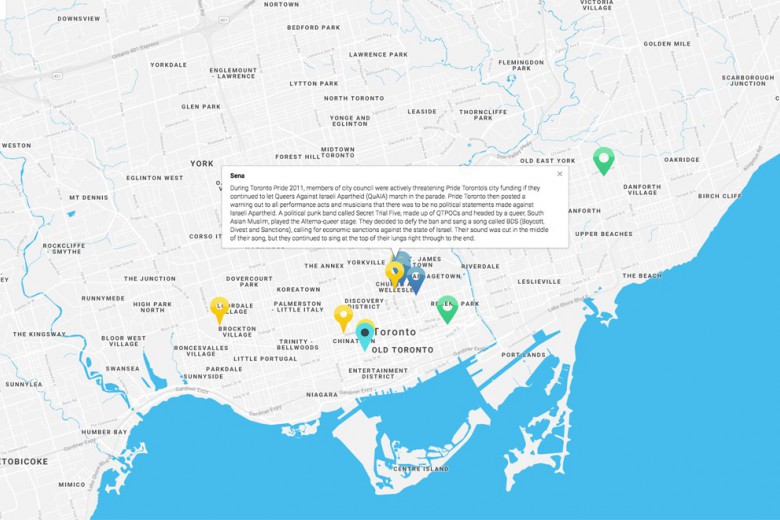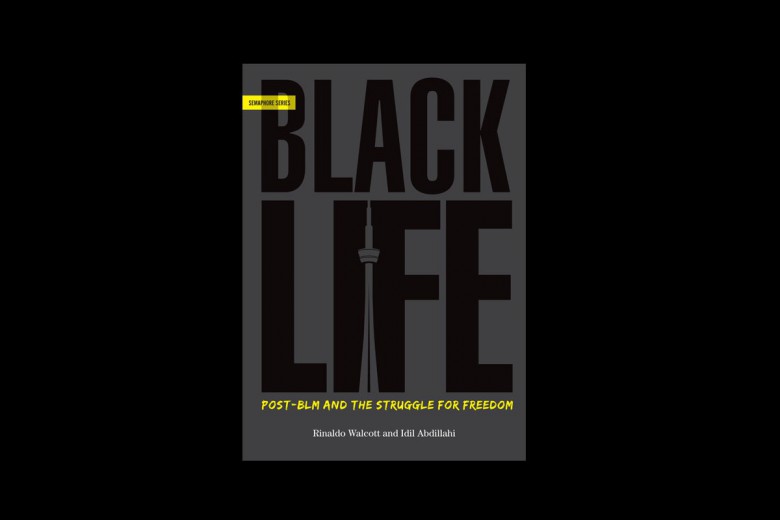
The Black Book of Canadian Foreign Policy
Yves Engler
Fernwood, 2009
It is commonplace even for critics of Canada’s role in Afghanistan and Haiti or of its vocal support for Israel’s recent military campaigns in Lebanon and Gaza to suggest that Canada has abandoned a long-standing tradition of being an honest broker in international politics. In her book Holding the Bully’s Coat, for example, Linda McQuaig condemns recent Canadian foreign policy choices because they no longer “champion … the United Nations and UN peacekeeping.” It is telling that even McQuaig, who has done commendable work criticizing Canadian policy, has internalized the idea that there is a mythical past in which Canada was an even-handed arbitrator of international conflict. Yves Engler’s The Black Book of Canadian Foreign Policy, one of the most important studies of Canada’s international role in years, explodes this illusion.
Engler convincingly argues that, historically, Canadian foreign policy has been to serve as the junior partner in British and then American imperialism and to favour corporate interests to the detriment of the Global South. Engler provides a thorough examination of, for example, Canada’s role in the overthrow of Congolese Prime Minister Patrice Lumumba, its assistance to the United States during the wars in Vietnam and Iraq, and its financial entanglement with apartheid South Africa. Moreover, Engler scrutinizes Canada’s consistently one-sided support for Israel and the use of Canadian “aid” money to leverage favourable contracts for Canadian mining companies in less-developed countries.
While Engler’s book debunks the smug self-image of many Canadians, it also functions as an iconoclastic critique of prominent figures like Prime Ministers Lester B. Pearson and Pierre Elliott Trudeau. Pearson’s actions during the Suez Canal crisis warrant scrutiny because the Nobel Prize that Pearson was absurdly rewarded for his involvement in the conflict is in many ways the origin of the myth that Canada has been a sober moderator of international conflict. Engler’s research demonstrates that Pearson supported British, French and Israeli aggression in the Suez Canal and his embrace of the UN was strategic rather than principled. He aimed to bridge a rift within NATO between the invaders and the United States, who deemed the attack unwise.
Engler shows that in 1957, when Egyptian President Gamal Abdel Nasser regarded UN troops as necessary to protect Egypt, Pearson threatened to withdraw them if Nasser did not abandon his program of reform. A decade later, when Nasser and UN Secretary-General U Thant decided it was time for UN forces to leave Egypt, Pearson was among those who fought to keep the troops in the country. Moreover, the record shows that Pearson oversaw the sale of Canadian-made weapons to the United States for use in Vietnam, including defoliants and navigation systems used by the Americans to burn the Vietnamese with napalm. The Pearson government has the equally disgraceful distinction of choosing to send more aid to Indonesia than to any other non-Commonwealth state in the aftermath of Major General Suharto’s slaughter of 500,000 people in 1965.
Trudeau, meanwhile, plainly preferred Pinochet to Allende: while the Trudeau government diplomatically isolated and financially subverted the democratically elected Allende, they were quick to recognize General Pinochet’s coup regime when it seized power on September 11, 1973, to support its bids for loans from the IMF and the Inter-American Development Bank and to sell it six Twin Otter aircraft. Trudeau was also on the wrong side of history in South Africa. Trudeau helped extend International Monetary Fund loans to the apartheid regime and, when Afro-Cubans volunteered to fight South African troops in Angola, Trudeau responded by ending the Canadian International Development Agency’s small aid program in Cuba. As Nelson Mandela has repeatedly noted, Cuba’s actions in Angola were instrumental in bringing down apartheid.
The primary weakness in Engler’s book is that, at times, his arguments could be better contextualized. For example, his discussion of Canada’s tacit support for the 1980 U.S. invasion of Grenada fails to illuminate the geostrategic importance of Grenada at the time and to situate that war within President Reagan’s broader terrorist policies in the hemisphere. Some readers might also find Engler’s prose overly mechanical, which is why I want to suggest that The Black Book of Canadian Foreign Policy is best served with a helping of Daniel Brooks and Guillermo Verdecchia’s 1991 play, The Noam Chomsky Lectures. The play is a memorable meta-theatrical exercise in agitprop that, like Engler’s book, interrogates Canada’s self-image as a benevolent player in global affairs. While the play is not and does not pretend to be a comprehensive overview of Canadian foreign policy, Engler’s book affects none of the artistry and postmodern levity that Brooks and Verdecchia bring to political discourse. Reading the two in tandem is an exercise in shifting between the playful and the solemn, two attitudes that much of today’s Left could balance more effectively.
The call to action at the end of Brooks and Verdecchia’s play is elliptical; one might say that Engler’s final chapter fills in their ellipsis. The course of action that Engler recommends for conscientious Canadians is, perhaps surprisingly, moderate, simple and, I suspect, likely to have mass appeal. Among initiatives such as withdrawing from NATO, he also calls on Canadians to pressure their government to operate in accord with basic ethical guidelines. These include the principles that “Canadian aid should do no wrong” that it should be used for the benefit of the people of the Global South rather than for the benefit of companies like Barrick Gold, and that Canada must support governments that are democratically elected. The last part is particularly important given Canada’s shameful role in the disastrous coups against Jean-Bertrand Aristide and Salvador Allende, and in the siege of Gaza following the 2006 election. Engler’s capacity to weave together accessible, widely held notions of justice with a detailed historical critique make him one of the most important voices on the Canadian Left today.






